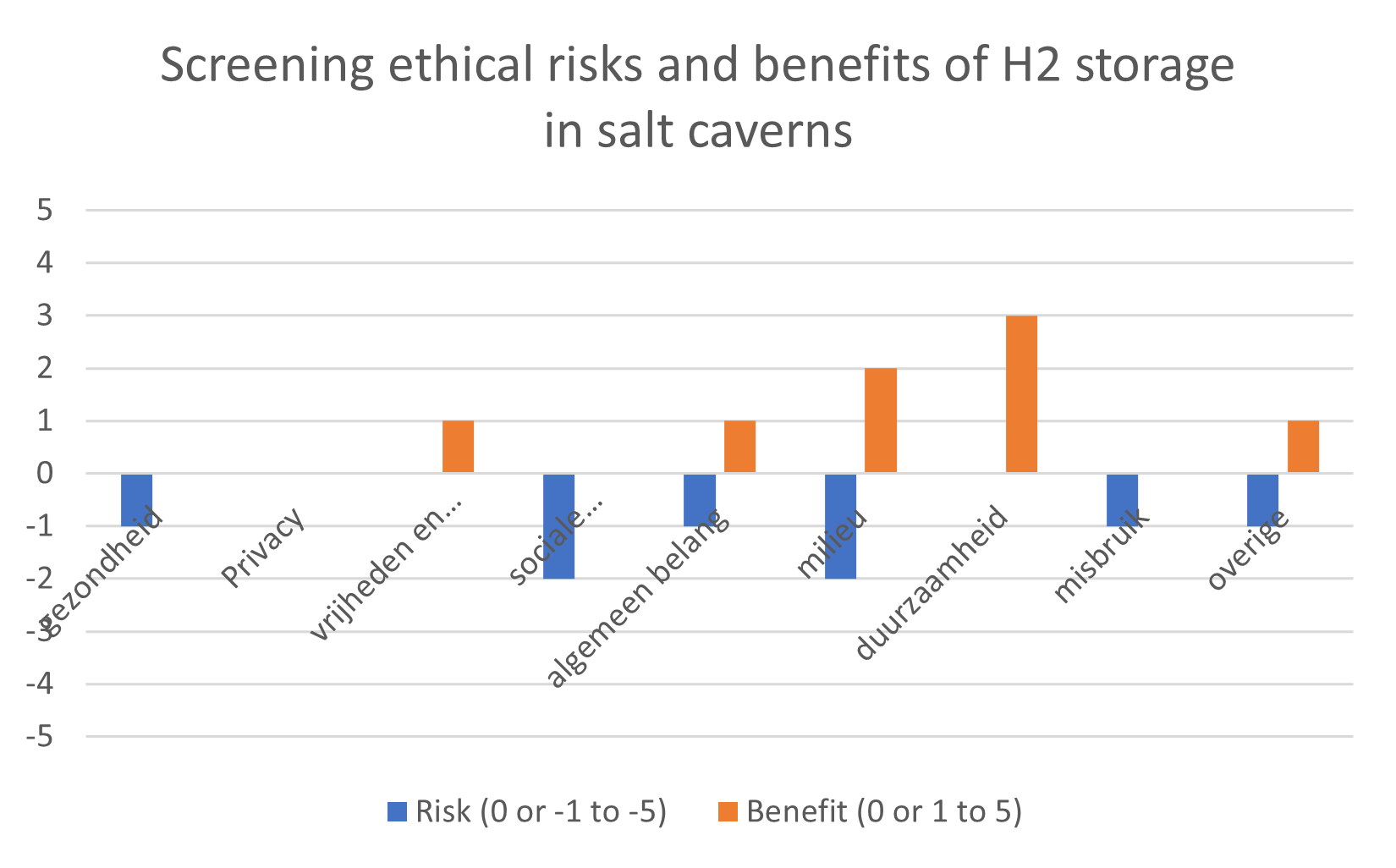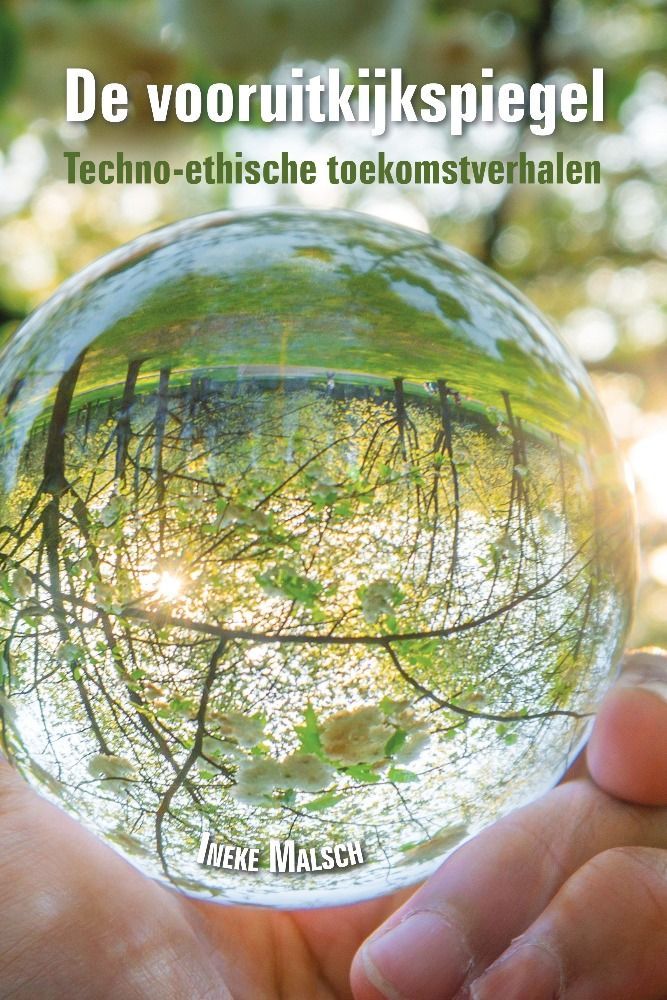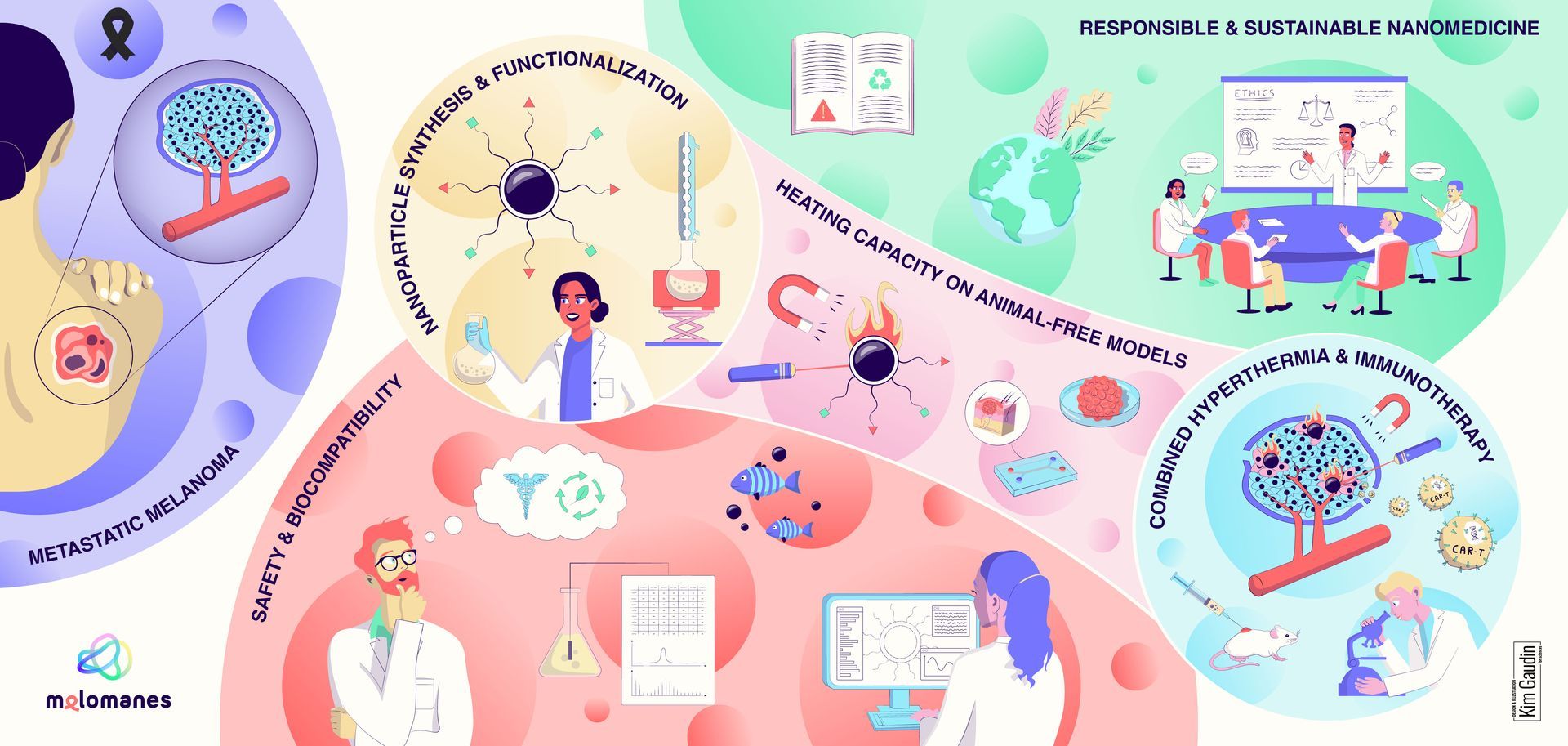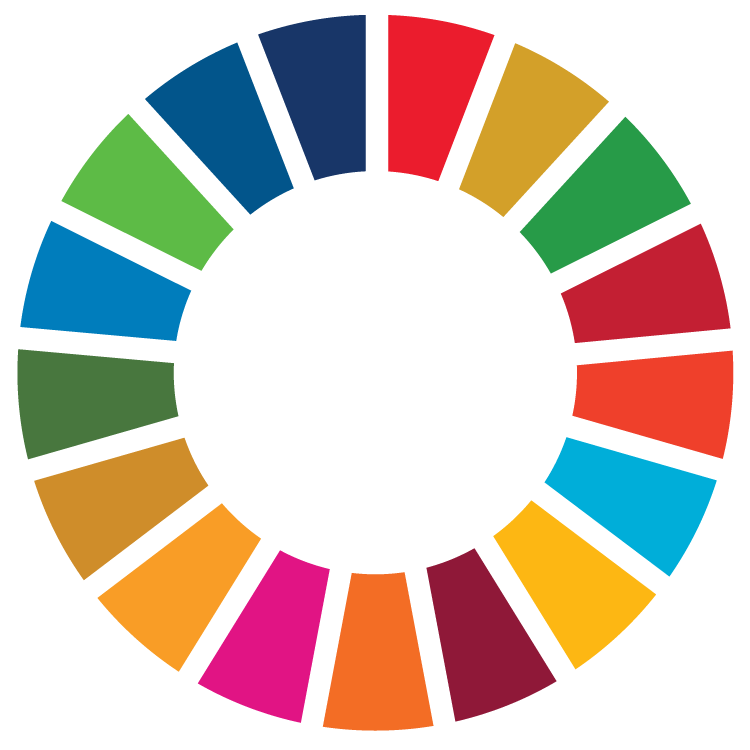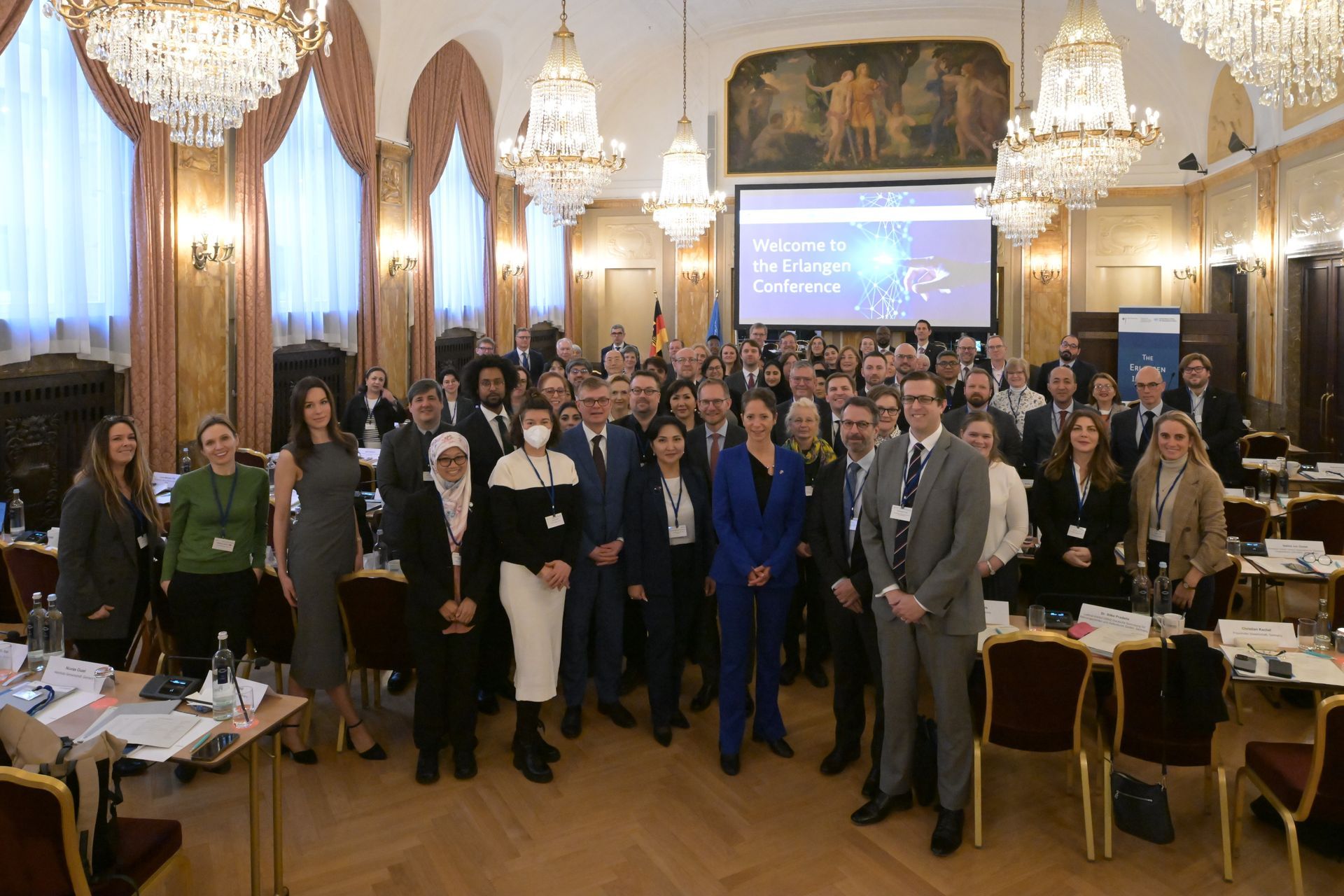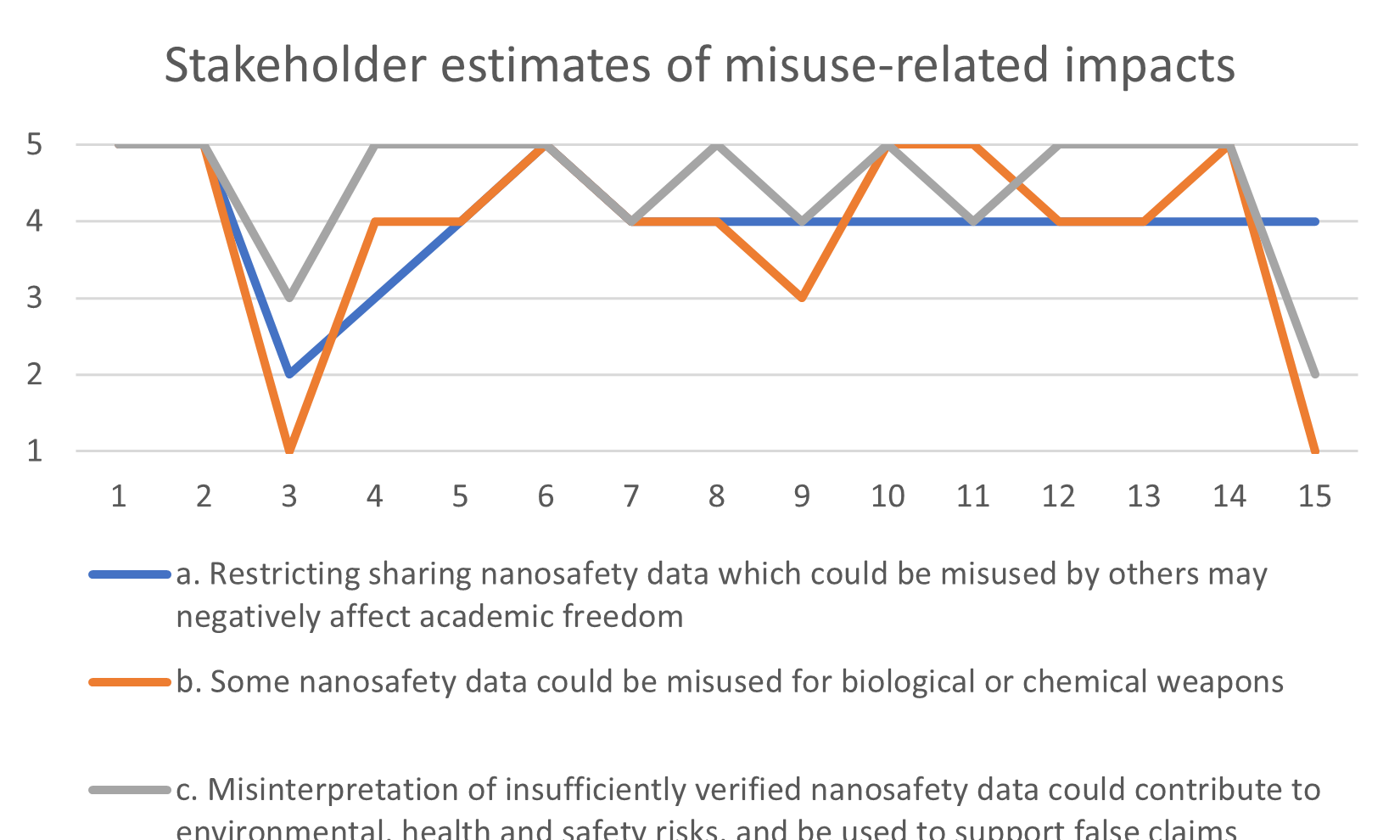Europe: be more ambitious and move towards climate neutrality today
Report of Dialogue Sustainable Europe 2030 @ Venture Café Rotterdam 9-9-21 for Conference on the Future of Europe

The dialogue on Sustainable Europe 2030 started with a recapitulation of the 17 Sustainable Development Goals adopted by the UN General Assembly in 2015. Through the Green Deal, the European Union aims to contribute to the SDGs and emit 55% less greenhouse gases in 2030 compared to 1990. In addition, the European Climate Law (Regulation (EU) 2021/119) includes a package of measures aiming for climate neutrality by 2050. The core of the law is extending the Emission Trading Scheme (ETS) for emissions of carbon dioxide and other greenhouse gases to new economic sectors. This means that companies have a fixed budget of greenhouse gases they are allowed to emit. If they can reduce their emissions by green innovation, they can trade their surplus emission budget. While the scheme aims for climate neutrality, most EU policies stimulating emission reduction are planned to take effect only after 2025. In 2023-25, the EU only intends to gradually extend carbon pricing (ETS) to the maritime sector which is so far excluded from the scheme.
What new ideas should the EU achieve by 2025?
The problem with the current ETS is that big polluters have large emission budgets. Participants were not convinced that carbon pricing really helps to achieve climate neutrality. Climate change is more dangerous than the Covid-19 crisis, and the ETS is only the first step to combat climate change.
Rather than traditional innovation policy aiming for industry 4.0, Europe should be more ambitious and target society 4.0. In addition, the EU should urgently transform its economy from strictly money-based to a circular 3-dimensional economy based on the sustainably triple P: people, planet, profit. All consumers and producers should be given a fixed lifelong carbon budget and a social budget in this 3-dimensional economy. Then, you are only allowed to buy something if you have enough carbon and social budget as well as money. You can only increase your carbon budget by planting trees or reducing your greenhouse gas emissions by other means.
The transition to climate neutrality can lead to job losses. These effects on labour are already visible for farmers and workers in the oil and fashion industries. The EU should target the post-Covid-19 recovery funds to reskilling of unemployed people for work in sustainable sectors.
While participants agree to the need for European regulation as in the European Climate Law to balance democratic freedom of citizens with the need for sustainable development, such regulation should follow bottom-up best practices developed by groups of citizens.
International cooperation of the EU with developing countries should go beyond merely imposing taxes on imports of polluting products into the EU. On the one hand, the EU could assist developing countries and emerging economies to transit directly to sustainable wealth production, and develop scalable, simple, and affordable solutions. On the other, Europe should be open to learn from indigenous traditional solutions and knowledge originating from developing countries. Equality should be the foundation of international cooperation. In addition to governments, other societal stakeholders in developing countries should also be engaged.
Is the Green Deal economically viable?
Biological or green products tend to be more expensive than polluting products. While carbon pricing can help readjust the balance, the EU should ensure the affordability of products for poorer people. The planned Social Climate Fund could help.
What bottom-up actions can we take as citizens?
Participants were alarmed by the trend in climate change which has been known for years through the reports of the Intergovernmental Panel on Climate Change (IPCC). We as citizens should act today to raise awareness of the impacts of climate change among fellow citizens who demand the freedom to live without restrictions, communicating the impact of tipping points and letting them feel the emergency. The SDG-community can become a platform for initiating bottom-up sustainable development (e.g. SDG-Nederland).
Local communities can set good practice examples introducing social and carbon credits in pilots or field labs, to nudge fellow-citizens and avoid a backlash.
What should national governments do?
Sustainable development and the IPCC reports should be taught in schools. While some projects are already experimenting with the introduction of sustainability in the school curriculum, national governments must urgently incorporate knowledge about sustainable development and skills for the transition to a sustainable society in the national curricula.
Find the summary report at the site of the Conference on the Future of Europe here.
